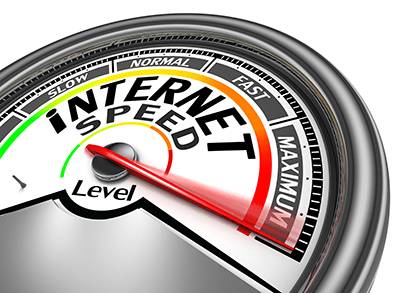The World Bank’s recent report on the potential cost savings and benefits of policy reforms related to internet access in six African countries has garnered significant attention from policymakers and industry experts.
According to the report, cost-reducing policy reforms focused on spectrum, infrastructure sharing and taxation could save up to 10-20 percent of the cost required to achieve near-universal availability of internet access in the studied countries, resulting in over US$200 million in savings for governments.
The potential cost savings resulting from policy reforms in the telecommunications sector have been a topic of much discussion, with policymakers and industry stakeholders searching for ways to expand access to high-quality internet services while keeping costs under control.
The World Bank’s report has offered a promising avenue for achieving these goals, suggesting that regulatory reforms focused on spectrum allocation, infrastructure sharing, and taxation could lead to significant savings for governments and lower costs for consumers.
However, the report also noted that targeted subsidies and financing will be necessary to incentivize universal access and service in areas that are not commercially viable after implementing regulatory reforms, adding that: “This is a critical issue, as expanding internet access to remote and rural areas is often challenging and requires significant investment.”

World Bank Elucidates The Significance of Demand-Side Policies
Despite challenges associated with expanding internet access across the country, World Bank’s report highlighted the potential benefits of demand-side policies for making high-quality internet services available to everyone at a relatively lower cost.
The report further stipulated that increasing potential 4G use in uncovered areas to 40 percent could make expansion commercially viable and result in near-universal availability of internet access.
“This finding underscores the importance of demand-side programs in not only expanding use but also boosting coverage and ensuring that high-quality internet services are available to all.”
World Bank Report
Moreover, the report emphasized on the importance of transparent, pro-competition rules for upgrading internet exchange points and for accessing data centers and cloud computing to help drive down costs and ensure affordable availability of data infrastructure.
“ As internet access becomes increasingly essential for economic growth and social development, it is crucial that policymakers and industry stakeholders work together to create an environment that fosters innovation and investment in the telecommunications sector.”
World Bank Report
Read more: GRA to Begin e-VAT Regime for Large Taxpayers





















